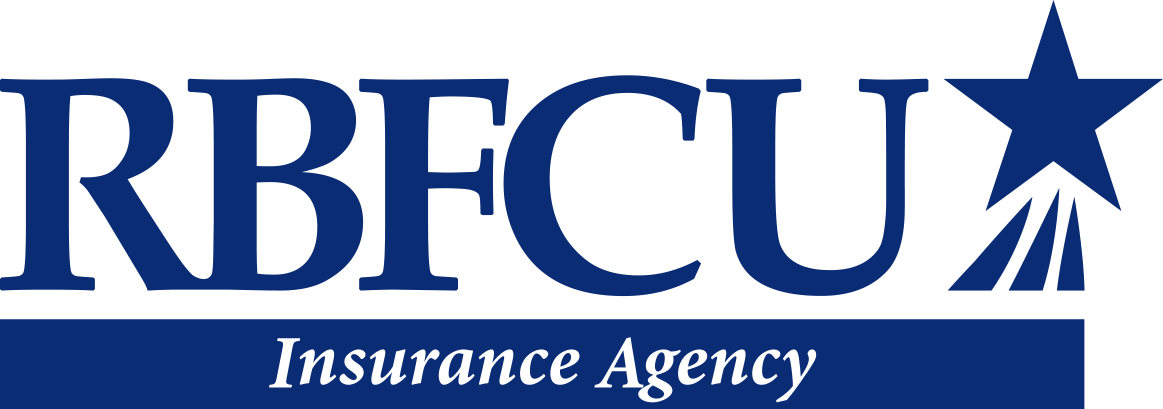Responding to Disaster: Fire and Smoke Damage
From a small, isolated fire in the kitchen to a full-scale, fast-spreading wildfire, fire and smoke present particular challenges to recovery. In the event that you’ve experienced fire and smoke damage, RBFCU Insurance Agency offers insights into your next steps.
.jpg?sfvrsn=619bb2a8_4)
As with floods and water damage (which can co-occur with fires due to efforts to put out flames), fires can result from a variety of causes, including lightning strikes and human error or a roadway accident. Plus, the degree of difficulty in replacing or repairing property can vary.
If you find yourself addressing damage from a minor or major disaster, trust that you have our compassion and concern. Again, we also have the following tips to share.
The role your insurance provider plays now
Among the most important points for us to convey? Your insurance provider — or the company to whom you pay money for your home, auto or property coverage — is there to help you navigate a disaster’s immediate aftermath.
Alas, no insurance policy covers all conceivable disasters. This is another reason it’s important to speak with your provider directly to determine how they may be able to help, based upon the policy you currently hold.
Yes, although your insurance agent or agency may be concerned about you and your personal well-being, it’s your provider who will walk you through those critical next steps to address needed repairs.
» Tip: Need shelter, food or safe water in the wake of a large-scale disaster? Contact the American Red Cross1 and watch or listen closely to local media, which may have additional resources to help.
Claims and recovery
Again, in the wake of a fire or smoke emergency, it’s important that you call your insurance provider as soon as possible to determine what your existing policy will cover.
If you are covered for the disaster you’ve experienced, this call will help expedite your insurance claim processing and potentially speed up the repair and recovery process.Note that, if a major fire — such as a wildfire — has occurred across a large geographic area affecting many people, it may take time to connect with your provider. The sooner you call, the earlier you’ll be on the list of visits your claims adjuster must make. Don’t delay!
You also may want to:
- Take photos and videos of the damage. Do NOT throw anything away until cleared by your insurance adjuster, also referred to as a claims adjuster.
- Make temporary repairs, if possible, to prevent further damage or for safety’s sake. Refrain from making permanent repairs, however, before your claims adjuster has seen the damage.
- Keep a list of repairs. Save all of your receipts. Document every call you have with your insurance company. And don’t forget to watch out for home improvement scams, too.
For additional disaster recovery tips, visit the U.S. Department of Homeland Security’s Ready.gov.2
Protect yourself from future fire and smoke events
If you’re reading this article with an eye to protecting your home, car or other personal property from fire-related damage, here are some forward-thinking actions you can take:
- Keep fire and smoke alarm devices in working order. A good rule of thumb: Update your batteries when time changes occur in spring and fall.
- In your kitchen, consider storing devices that can help you put out a simple stovetop fire. Also, you may want to invest in two fire extinguishers, one for your kitchen and another for your garage.
- Maintain your roof. Keep it in good repair, ideally with fire-retardant shingles or roofing supplies.
- On the outside of your home, keep drains, gutters and downspouts free of debris that might help a fire ignite or spread.
- In your yard, keep brush cleared away from your home.
- Work with your neighbors or homeowners association (HOA) to develop fire safety strategies for individual houses and the community.
- Practice personal fire safety strategies3 with your family.
- Learn how to select and hire a contractor as well as how to spot a home improvement scam.
When it comes to basic fire safety tips for your vehicle(s), we offer the following suggestions:
- Keep your car in good working order to minimize the risk of accidents.
- Store a roadside emergency kit in an easily accessible place.
- Use caution when transporting gas cans or propane tanks, keeping windows open to prevent fumes from building up.
- Driving safely can help prevent accidents, too. Stay safe with our driving tips for Texans.
Finally, at home and on the road, it makes sense to plan ahead to address how and where to meet with your family again, if you were to become separated during a fire.
About us
At RBFCU Insurance Agency, although there are limits on what we can do to help you in the immediate wake of a disaster, we are here to help you explore insurance coverage options (including providers and rates) so that you may be better prepared for future events or accidents.
To learn more about auto and personal property coverage options, request a quote or have us review your policy today.




.jpg?sfvrsn=b6afb2a8_4)